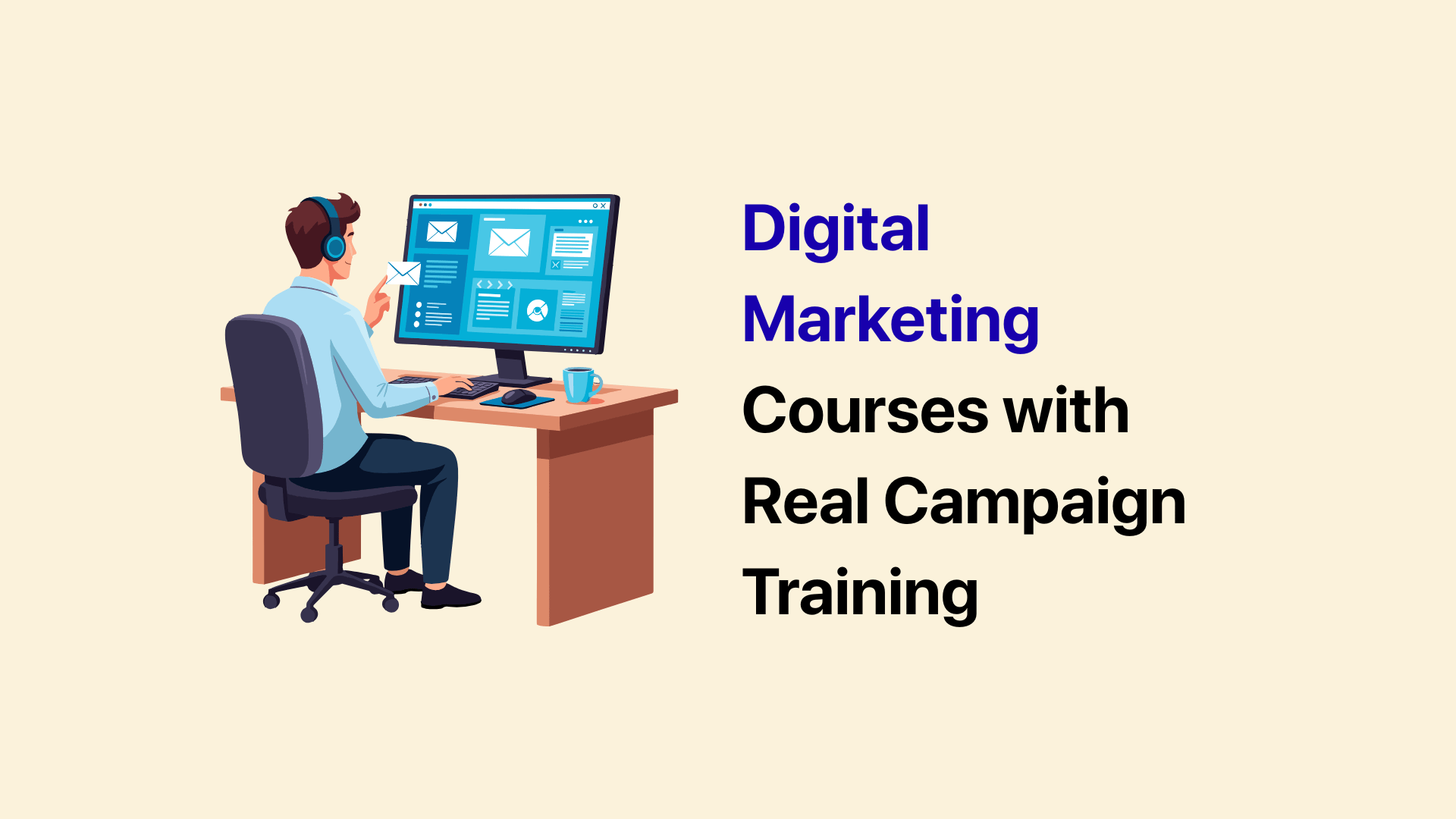Harnessing SAP for Effective Digital Transformation in Your Business

Inflation is rising in the US and across the world. Pew Research reports that the Biden administration has put inflation as the top domestic priority as it rose to 8.6% in May, the highest since 1981. However, there is a long way to go before equaling Turkey's worrying inflation rate of 54.8%.
The global pandemic caused by Covid, recession, inflation, and rising interest rates, have made business difficult for many. Companies that have tried to resist change have seen themselves struggle, and fail in many cases. Many of the businesses that thrived during COVID-19 were those that were already set up for future growth and had restructured their systems and processes. Vertical integration was one strategy that saw some retailers survive when many bigger names collapsed.
One change that all modern businesses need to undertake is to embrace digital transformation. But, what does this entail, and can it be done through SAP?
What is digital transformation?
You could say this transformation is a little like switching from analog to digital. The digitization of information and files is usually the first step a business takes when heading into a complete digital transformation.
Digital transformation involves using digital technology within each area of a business. It requires a complete change of mindset and a total rethink of business processes and how the company operates.

Integrating digital technologies across a company requires a huge change within. But, simply adding multiple applications and systems to a business won't bring about the transformation that is needed to become more efficient.
A system such as SAP is designed to provide a centralized system that links all the departments in a firm together. Accely’s SAP S/4 Hana explains that an ERP can help a business achieve digital transformation. SAP is the original ERP and one that is used by over 420,000 customers.
What is an ERP?
ERP is short for enterprise resource planning. It is the name given to systems such as SAP S/4 Hana and other brands. The purpose of an ERP is to manage resources across a business more effectively and help to increase efficiency through one centralized system.
SAP allows real-time data processing, analysis, and decision-making. AI and intelligent algorithms help business owners process and manage large amounts of data while making smart decisions to improve the organizational efficiency of the enterprise.
ERPs help each department to understand what is happening in any area of the business, avoid overlap and duplication of reporting and other tasks, and automate certain tasks.
What are the main areas of digital transformation?
Digital transformation understandably will necessitate many changes to processes and how operations are handled. Certain areas can be positively impacted, and they include the following.
Customer experience
Buying habits and other data of individual customers can be analyzed to provide tailored offers. Digital transformation can be used to personalize a service and improve trust and loyalty.
Improved productivity
SAP can help to automate any number of processes. This removes the need for wasted man-hours on simple tasks. It can also pinpoint problem areas such as bottlenecks or supply problems
Better data sharing
Communication between departments can be improved immeasurably through SAP and digital transformation. Real-time sales information can be available at a touch to anyone who has access rights.
Improved employee satisfaction
By freeing up time through automation, employees are free to focus on more important areas. Digital transformation also helps to empower employees and help them make decisions. SAP leads to more data-driven decision-making through its real-time reporting and monitoring of different business areas.
How will it affect your business?
Before diving head-first into digitally transforming your business through SAP, you need to understand that there will be a fundamental shift in how you operate. Everyone in the company needs to be on board with what is a huge shift in operational practices. An executable strategy needs to be in place for migration to SAP, training, and ongoing support put into place for employees, and management.
Many people are resistant to change, particularly those in long-term employment. Management will need to lead the way forward with positivity. A complete cultural change will occur with full digital transformation, and this will unnerve some employees.
Nevertheless, the only way for a business to grow and move forward now is to be more competitive and efficient and adopt digital technologies fully.
How can SAP help with digital transformation?
As an ERP, SAP can help to integrate all departments into one system. While each department will have appropriate applications and systems, these will all be managed by SAP. All data will be processed, managed, and analyzed, in one centralized system.
Apart from data management, SAP offers a level of security that some other systems may not have. Simply introducing digital technologies into a business isn't enough. Data and sensitive information need to be kept secure, and breaches avoided.
There are constant threats to businesses through cyber-attacks and system weaknesses, so SAP security levels are important when implementing a digital transformation strategy.
The latest report on cybercrime has been the big-reveal that Apple has system vulnerabilities that let hackers take complete control not only of iPhones but Mac computers also. Potentially, this could let a cyber criminal have access to business data and financial records.
SAP comes with access controls, penetration, and vulnerability testing, encryption in multiple forms, SSL, UI logging, cryptography, and different user authentication and authorization controls. There are many other levels of security in SAP to ensure that data is only accessed by authorized personnel too.
How does digital transformation through SAP help a business thrive?
At the start of 2020, many businesses suddenly struggled due to their strategy of keeping just enough stock in place. If there is a sudden demand for a product and you are experiencing supply or stock issues, then you could see a loss of sales and customer faith.
As previously mentioned, inflation is seemingly rising everywhere, and the UK has just experienced double digits for the first time in 2 decades. Inflation affects businesses adversely in many ways including rising prices for materials and lower profits.
Businesses can mitigate such concerns as inflation and increased expenditure in several ways. SAP can help with the effects of inflation by reducing overall costs. It can also help to ensure stock levels are always sufficient to cope with extra demand or supply chain problems.
SAP is designed to help with advanced processing, and the system can help to identify where other changes can be made to increase profits. Prices could be increased on some products without losing customers for instance.
Summary
As the pandemic showed, businesses that weren't able to adapt, or just weren't ready in time suffered badly with many going to the wall. Even the smallest business can benefit from digitization and a complete digital transformation today.
In the case of mid-sized or larger companies, performing a digital transformation can be achieved through enterprise resource planning systems such as SAP. These systems are ideally made for a complete change in how an enterprise is run.
An ERP such as SAP can improve efficiency and productivity which improves areas such as employee satisfaction and customer service. All of which in turn help to promote healthier sales and profits.









